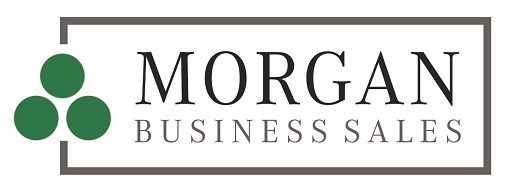Dru recently caught up with Gold Coast Business Broker Rod Jessen to have a discussion about the intricacies of taking an asphalt business to market. Rod has been involved in a number of transactions in this space and had some great takeaways for owners of asphalt businesses who are contemplating going to market. They were:
Sale Price Maximisation – Contracts & Recurring Work
A key consideration for buyers when evaluating asphalt businesses is where work is coming from. They are ideally looking to see long term contracts in place with stakeholders like governments and councils. This gives buyers peace of mind that they will get a return on their investment.
While contracts are the ideal, a long trading history with a particular vendor can also be enough for buyers, provided that the recurring work is not based solely on the client’s relationship with the departing owner.
Important Consideration – Sales Diversity
While having contracts and recurring work is great, the majority of revenue coming from just one client is not ideal. What would happen to the buyer’s investment if this vendor was to switch service providers after their acquisition? The dream situation for buyers is an operation that has contracts in place with multiple reputable vendors. This way their risk is spread.
Important Consideration – Equipment & Depreciation
In most circumstances, the bulk of the price paid for an asphalt business is made up of equipment value. This being the case, sellers can maximise their sales price by demonstrating a strong history of effective equipment maintenance and rotation.
The extent of equipment depreciation is something else that needs to be considered when considering selling. While it’s possible to sell a business regardless of depreciation levels, this can impact the structure of the sale. Potentially changing the ideal transaction type from a share sale to a business asset sale or vice versa. While either transaction type can work, they each bring different tax obligations.
For someone contemplating selling an asphalt business in a few years time, sage advice would be to make your accountant aware of your intention. With this knowledge, your accountant can help you understand your potential tax obligations then make a plan to depreciate effectively.
Buyer Demand
There continues to be solid demand for asphalt businesses that stack up financially. Rod has found that the typical buyer profile for a moderate sized (up to $10m turnover) operation is either a similar sized industry player or an individual who has worked for a bigger player like Downer and is looking to go out on their own. They are typically able to get finance due to the percentage of the sales price that is made up of equipment.
Do you own an asphalt business that you’re contemplating selling? Book in a complementary consultation with one of our market experts today. We would love to be of assistance.





